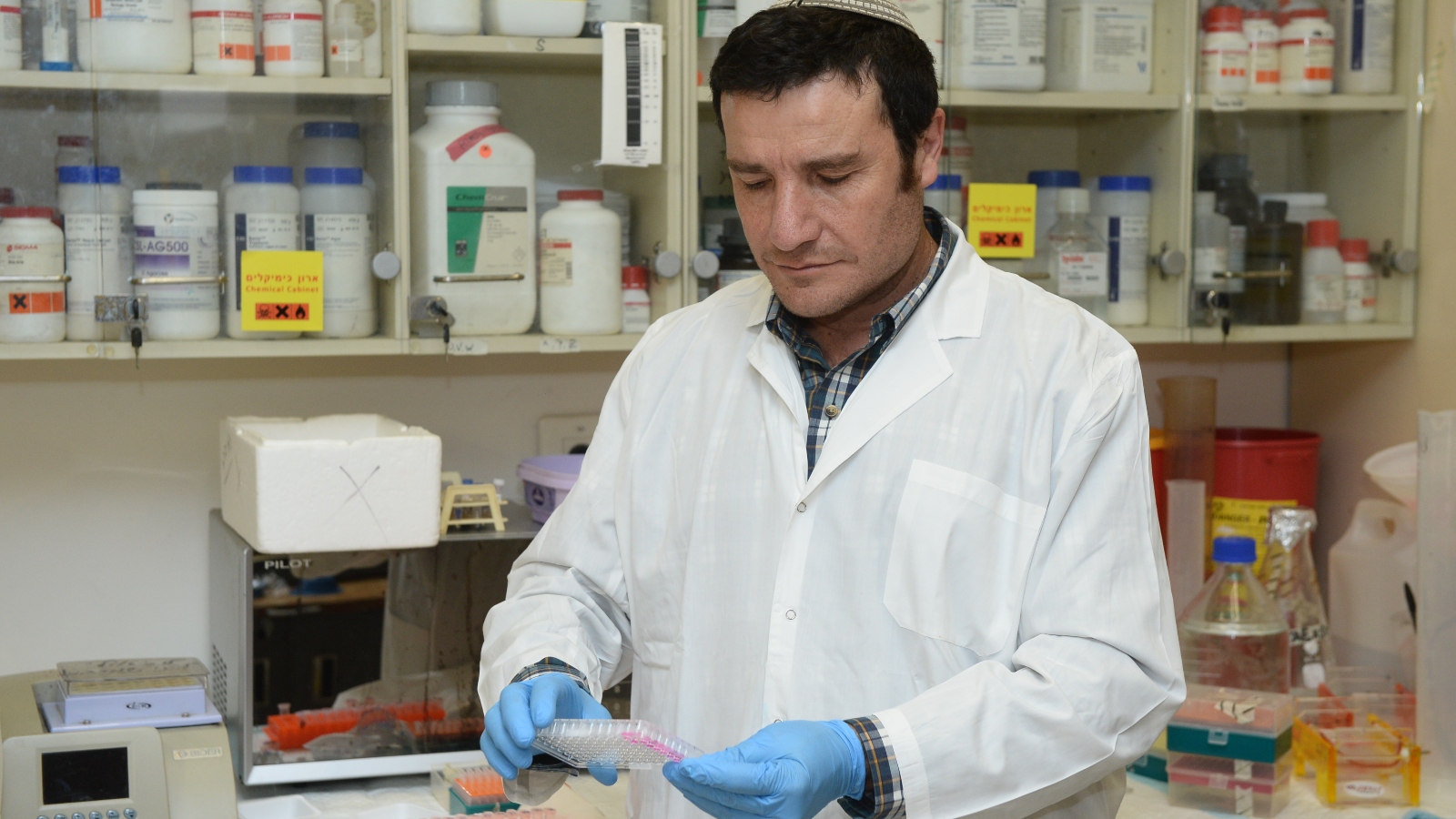Researchers at Israel’s Bar-Ilan University have taken a step toward understanding – and ultimately preventing – fatty liver disease.
A team led by Prof. Haim Cohen discovered a connection between a protein known as SIRT6 and the liver’s ability to burn and regulate fat.
SIRT6, dubbed “the longevity protein,” is involved in regulating many biological processes, including aging, obesity, insulin resistance, inflammation and metabolism.
The Bar-Ilan study shows that SIRT6 activates another protein in the liver – peroxisome proliferator-activated receptor alpha (“PPAR-alpha”) – that promotes the burning of fat in the liver.
“SIRT6 is like a juggler that balances and coordinates between metabolic processes in the body,” said Cohen. “By working together with PPAR-alpha, SIRT6 can actually send a message to the body to burn more fat. This cooperation is one way in which SIRT6 protects against fatty liver and fatty liver disease, as well as obesity-related damage.”
Cohen and his colleagues previously studied how the protein extends lifespan. For the new report, the researchers increased SIRT6 levels in patients to counteract the decrease in SIRT6 found in a high-fat diet and in fatty liver disease.
The researchers then used a computational tool developed with Prof. Ziv Bar Joseph from Carnegie Mellon University that looked at different metabolic states, such as fasting and regular diet. They found that a greater expression of SIRT6 leads to the burning of more fat, specifically in the liver.
But there’s more: SIRT6 can also “regulate other metabolic pathways related to fat in the liver such as cholesterol and triglycerides metabolism,” explained doctoral student and co-author Shoshana Naiman.
Fatty liver disease – formally known as hepatic steatosis – develops when the body produces too much fat or doesn’t metabolize fat efficiently enough. Excess fat accumulates in liver cells, where it can cause fatty liver and other diseases. Fatty liver disease affects around 25% of the global population.
Next, the Bar-Ilan team will identify therapeutic approaches that target and activate SIRT6. The main treatment for fatty liver disease today is changes in diet, weight loss, and getting off medications that may be inadvertently making the disease worse.
The SIRT6 research was supported by grants from the Israel Science Foundation, the US-Israel Binational Science Foundation, and the Sagol Healthy Longevity Center at Bar-Ilan University.
The results were published in December 2019 in the journal Cell Reports.

















